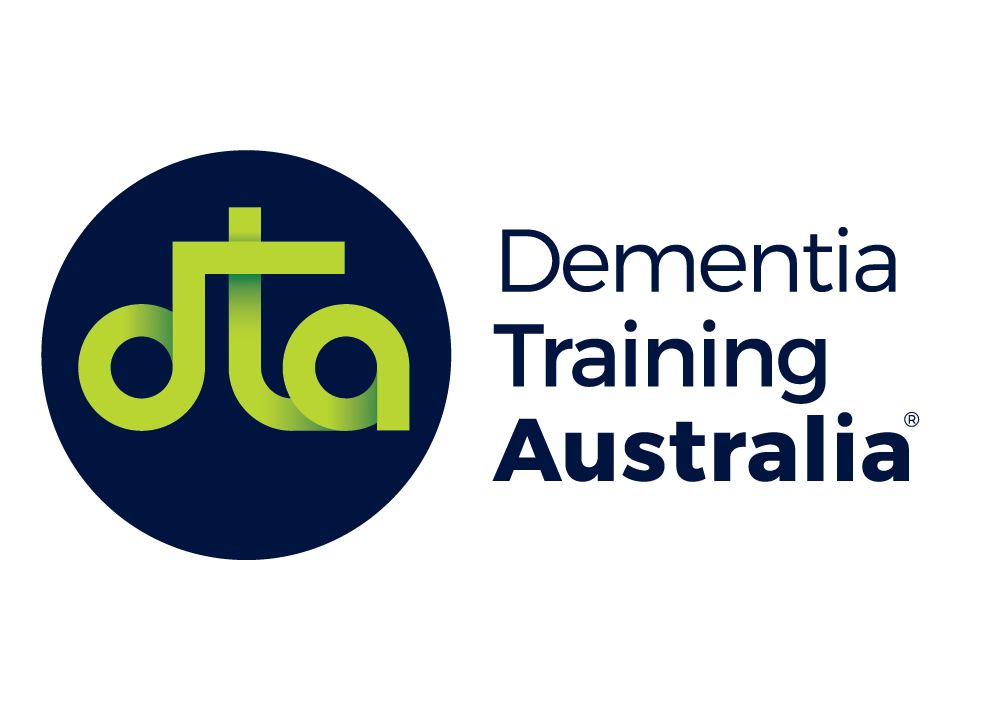Dementia Training Australia (DTA) has a suite of innovative, best-practice training solutions for the workforce who support people living with dementia.
The Changed Behaviour Toolkit has been designed to make learning more accessible and engaging in time-poor care settings. The toolkit is a part of a wider suite of learning options DTA offers on the important topic of Changed Behaviour.
Combining animations, videos of role-plays, and interactive activities, the toolkit topics have been specifically designed to be delivered in 15- to 20-minute chunks during staff huddles, handovers, or as part of longer meetings. A significant advantage is that they can be delivered in any order, as part of a series or in a one-off session.
The Changed Behaviour Toolkit has been developed by DTA’s Queensland University of Technology (QUT) team, led by DTA director, Associate Professor Dr Margaret MacAndrew.
Dr MacAndrew says the resource is a direct response to requests from health professionals for education solutions that combine brief, ‘bite-sized’ training sessions in time-poor environments with practical approaches to the changed behaviour expressed by people living with dementia in their care.

“Unlike longer training sessions, ‘micro-learning’ approaches like this use quick reads, short videos, and other engagement strategies to capture attention and drive retention of the information,” says Dr MacAndrew.
“To be effective, the product must reflect a highly creative pedagogical approach and a best-practice knowledge of the subject and the evidence.
“Our team collaborated on the toolkit from the concept development and creation of storylines, right through pre-production, filming, acting, production, user testing and the product launch,” Dr MacAndrew says.

Purpose-designed, user-tested
Dr MacAndrew says time is often the biggest enemy for busy RNs and clinical leads in contemporary care settings, and many traditional forms of education and training are not practical options.
“We developed this toolkit approach in consultation with health professionals and user groups, including role-playing the many scenarios, to ensure that it meets their actual needs, in their real day-to-day contexts, while also being interesting and engaging,” she said.
Toolkit topics cover:
- Changed Behaviour – basics
- Understanding Aggression & Agitation and Accumulated Stress
- Understanding Aggression & Agitation with the ABC approach
- Communicate Well
- Respond Safely to a Critical Situation: The AID Approach
- Pain and Changed Behaviour
- Meaningful Engagement (launching mid-September 2024)
The toolkit’s suggested follow-up activities aim to help consolidate learning and promote real practice change.
“The learning and training ‘tools’ in this toolkit focus on best-practice approaches with an emphasis on the person behind the behaviour, as well as specific changed behaviour," says Dr MacAndrew.
“It is a breakthrough option for many individuals and organisations, and we are quite excited about seeing the results."
To find out more about the Changed Behaviour Toolkit, visit: https://dta.com.au/resources/changed-behaviour-toolkit/

“I’ve always struggled to find good, person-centred videos like this, especially Australian ones! I love that they are short but really demonstrate the importance of understanding what is happening for someone and how staff can make a positive impact. The facilitator guide is easy to follow and can easily be delivered during handover.”
Trainer (RAC)
DTA also offers a range of other training options that focus on the Changed Behaviour topic including online courses, workshops, further resources, and an in-depth consultancy program. Explore our learning options here: https://dta.com.au/changed-behaviour

Email [email protected]
 Nursing Review The latest in heathcare news for nurses
Nursing Review The latest in heathcare news for nurses

